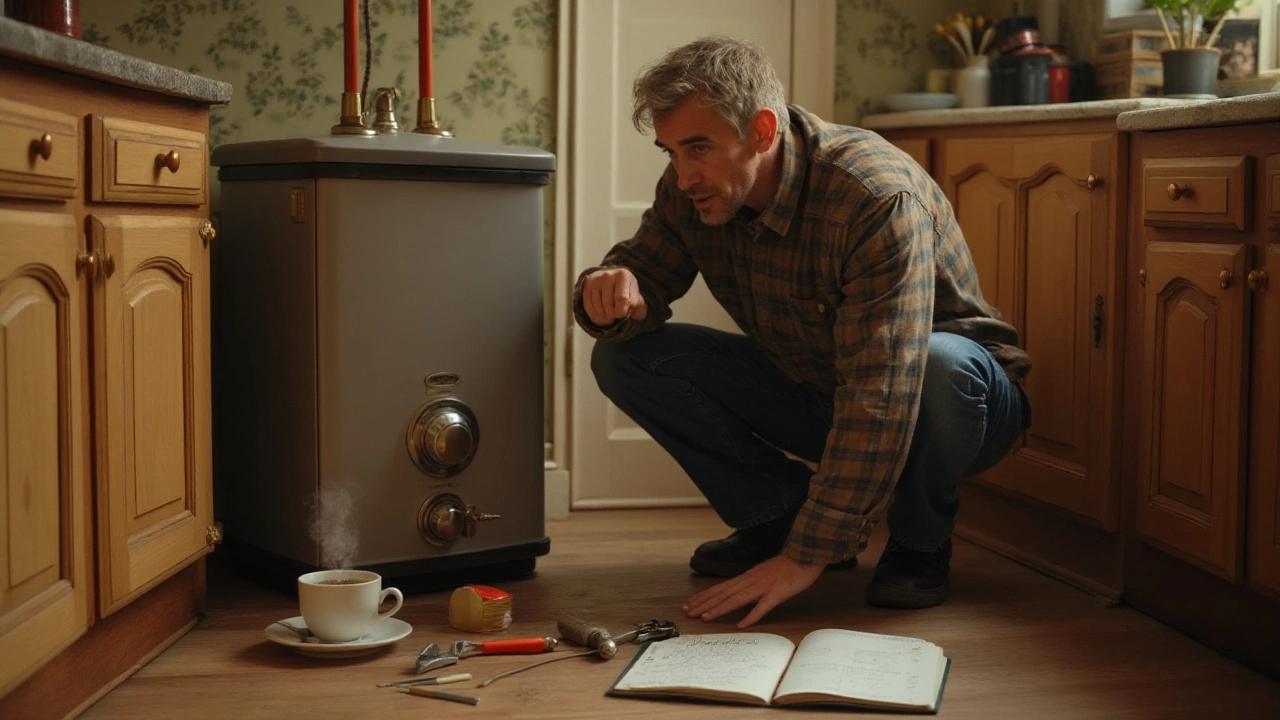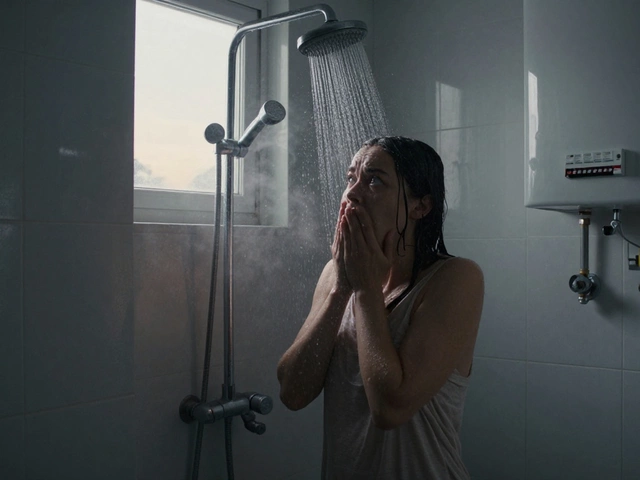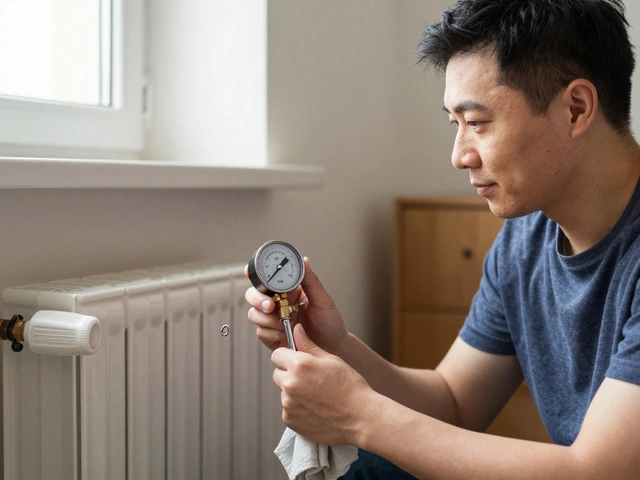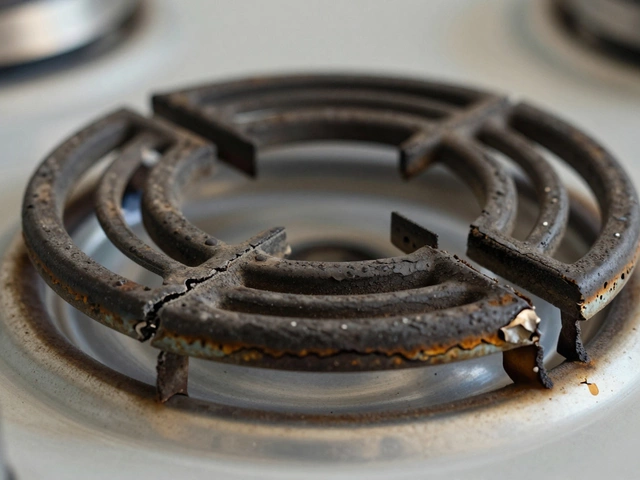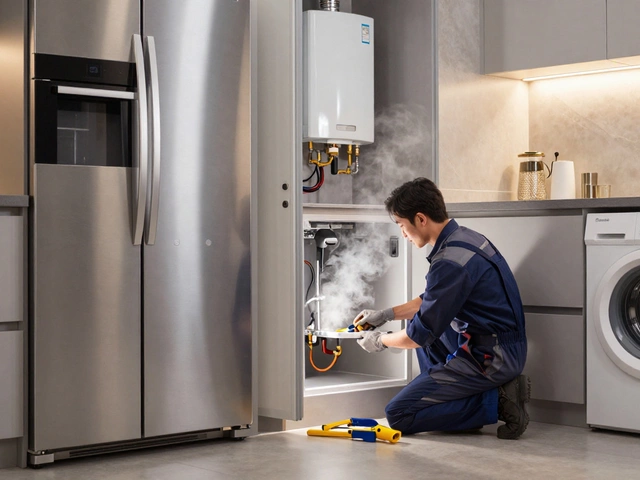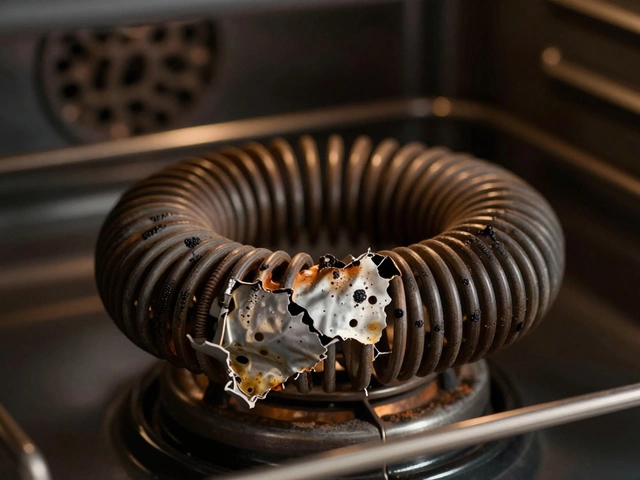Heater Safety: Keep Your Home Warm Without Risk
When the temperature drops, a working heater feels like a lifesaver. But a heater that’s not cared for can cause fires, carbon monoxide leaks, or electric shocks. Below are practical steps you can take right now to make sure your heater stays safe and efficient.
Quick Safety Checklist
1. Turn it off and unplug. Before you inspect any heater, switch it off at the wall and unplug it. This protects you from accidental shocks.
2. Look for dust and debris. A buildup of dust blocks airflow and can overheat the unit. Use a soft brush or vacuum to clean the vents, fan blades, and surrounding area.
3. Check the cord and plug. Frayed wires, cracked plugs, or loose connections are red flags. If you see any damage, stop using the heater and call a professional.
4. Test for proper ventilation. Portable gas heaters need a clear path for exhaust gases. Make sure vents aren’t blocked by furniture or curtains.
5. Look for unusual smells or sounds. A sour, burning smell or a loud humming noise means something’s wrong. Shut the heater down and have it inspected.
Maintenance Tips and When to Call a Pro
Regular maintenance can extend a heater’s life and keep safety risks low. Schedule a professional check‑up at least once a year, especially for gas‑powered units. During the visit, a technician will inspect burners, heat exchangers, and safety controls.
If you notice any of these signs, it’s time to call a repair service:
- Heat output drops dramatically.
- Water collects around the heater (possible leak or condensation issue).
- Carbon monoxide alarm sounds – evacuate immediately and call emergency services.
Our own Water Heater Repair and Boiler Lifespan articles dive deeper into those specific appliances, but the safety basics stay the same: turn off power or gas, ventilate the area, and get professional help if you’re unsure.
For electric heaters, remember to never use extension cords or plug multiple heaters into one outlet. For gas heaters, keep a working carbon monoxide detector nearby and replace batteries yearly.
Lastly, keep a fire extinguisher rated for electrical or grease fires within reach. Knowing how to use it can make a big difference if an unexpected flare‑up occurs.
By following these simple steps—cleaning, inspecting, and maintaining—you’ll enjoy a warm home without worrying about safety hazards. If any problem feels beyond your skill level, trust a licensed technician. Stay warm, stay safe!
12 October 2024
·
0 Comments
Frequent resetting of your water heater may indicate underlying problems that could lead to safety hazards or appliance breakdown. Exploring the reasons behind persistent resetting helps in identifying potential issues such as faulty thermostats, sediment buildup, or electrical problems. Understanding when to seek professional help or conduct routine maintenance can enhance the longevity and performance of your water heater. This article also covers practical tips for troubleshooting and when it might be time for a replacement.
Read more

